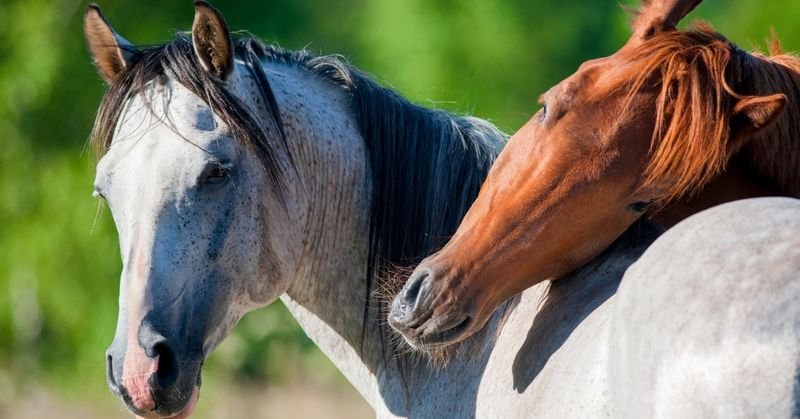Just like people, horses can experience stress—whether from training, transport, environmental changes, or social dynamics within a herd.
Chronic stress doesn’t just affect a horse’s mood; it can lead to health issues, poor performance, and behavior problems.
Recognizing and managing stress in horses is essential for their welfare and your partnership with them. Thankfully, there are many simple, effective ways to help your horse feel calm, secure, and mentally balanced.
Let’s explore key techniques and environmental factors that reduce equine stress and promote overall well-being.
Understanding Stress in Horses
Stress triggers a physiological response in horses designed to help them react to threats. This “fight or flight” reaction releases hormones like cortisol and adrenaline, preparing the horse to escape danger.
However, when stress becomes chronic or overwhelming, it can suppress immune function, impair digestion, and cause behavioral issues such as cribbing, pacing, or refusal to work.
Common causes of stress include:
- Sudden changes in routine or environment
- Transport and trailering
- Social conflicts within the herd
- Pain or illness
- Overtraining or inadequate rest
Creating a Calm Environment
Your horse’s surroundings play a huge role in their stress levels. A calm, stable environment can help prevent anxiety before it starts.
Key environmental strategies include:
- Consistent routine: Horses thrive on predictability. Feeding, turnout, and training schedules should be as consistent as possible.
- Safe, clean living space: Good ventilation, clean stalls, and appropriate bedding reduce discomfort and irritants.
- Companionship: Horses are social animals. Access to pasture mates or visual contact with other horses promotes security and reduces loneliness.
- Natural turnout: Time spent outdoors on varied terrain encourages natural behaviors and mental relaxation.
- Noise management: Loud, sudden noises or chaotic barn environments can be stressful. Soft music or white noise machines have even been shown to soothe some horses.
Techniques to Reduce Stress in Horses
Beyond creating a supportive environment, hands-on techniques can help your horse relax and build trust.
1. Groundwork and Positive Reinforcement
Regular groundwork based on trust and clear communication builds confidence and reduces anxiety. Use rewards like scratches, treats, or calm voice tones to reinforce good behavior. Avoid harsh corrections that can increase fear.
2. Massage and Bodywork
Gentle massage, stretching, and equine chiropractic care release muscle tension and stimulate relaxation. Many horses respond well to regular bodywork sessions, especially after intense exercise.
3. Aromatherapy and Essential Oils
Some essential oils—like lavender and chamomile—can have calming effects. Applying diluted oils to the horse’s mane or using diffusers in the barn can create a peaceful atmosphere. Always use oils safely and test for any sensitivity.
4. Acclimation and Desensitization
Gradually exposing horses to potentially stressful stimuli—like trailers, new environments, or loud noises—in controlled ways helps reduce fear responses over time.
5. Regular Exercise and Turnout
Exercise is a natural stress reliever. Horses released into pastures or on trails expend nervous energy and regain mental balance. However, avoid overtraining, which can have the opposite effect.
Nutritional Support for Stress
Certain nutrients can support nervous system health and reduce stress sensitivity:
- Magnesium helps relax muscles and nerves.
- Vitamin B complex supports energy metabolism and brain function.
- Omega-3 fatty acids reduce inflammation and support brain health.
Supplements formulated for calming can be helpful but should be used under veterinary guidance.
Recognizing Signs of Stress
Early recognition helps you intervene before stress affects your horse’s health:
- Restlessness, pacing, or excessive movement
- Tail swishing or pinned ears
- Loss of appetite or digestive upset
- Aggression or withdrawal
- Changes in sleeping patterns
- Cribbing or weaving behavior
If these signs persist, consult your veterinarian or an equine behaviorist.
Final Thoughts
Reducing stress in horses isn’t just about avoiding negative feelings—it’s about actively fostering a lifestyle where your horse feels safe, understood, and valued. By creating calm environments, using thoughtful techniques, and tuning into your horse’s signals, you build a partnership rooted in trust and well-being.
A calm horse is a happy horse—and a happy horse is more likely to perform well, stay healthy, and enjoy a longer, more fulfilling life.




